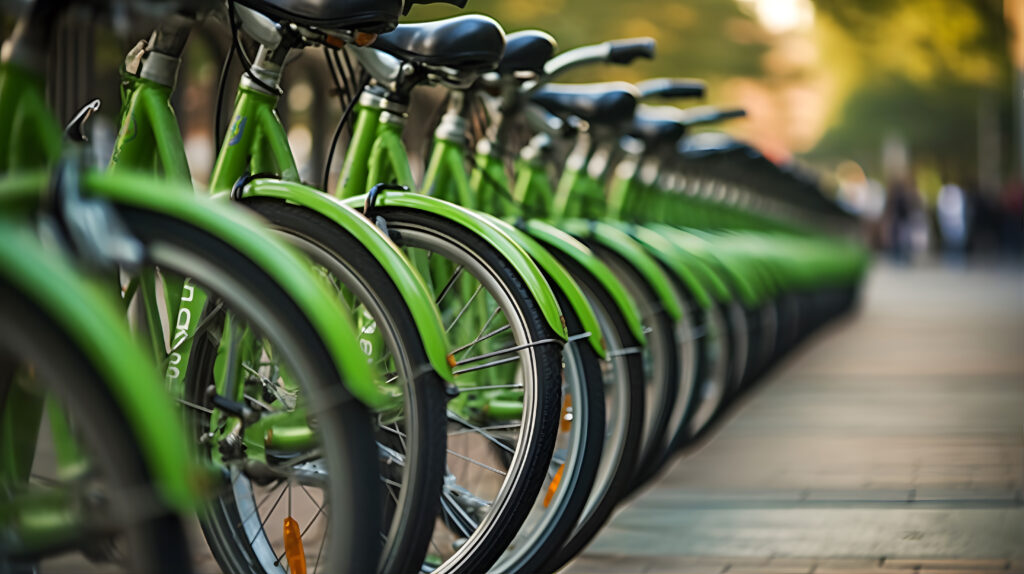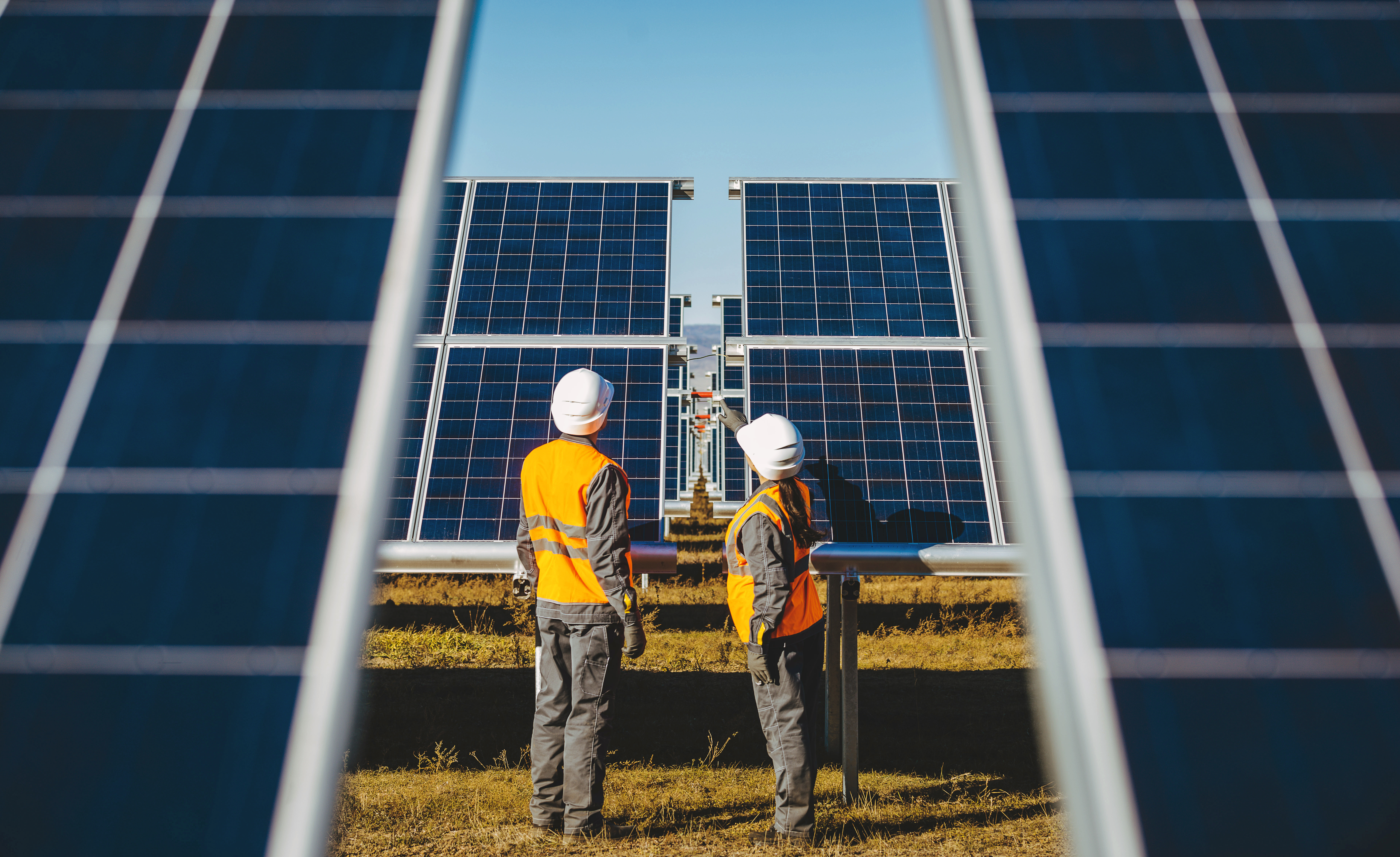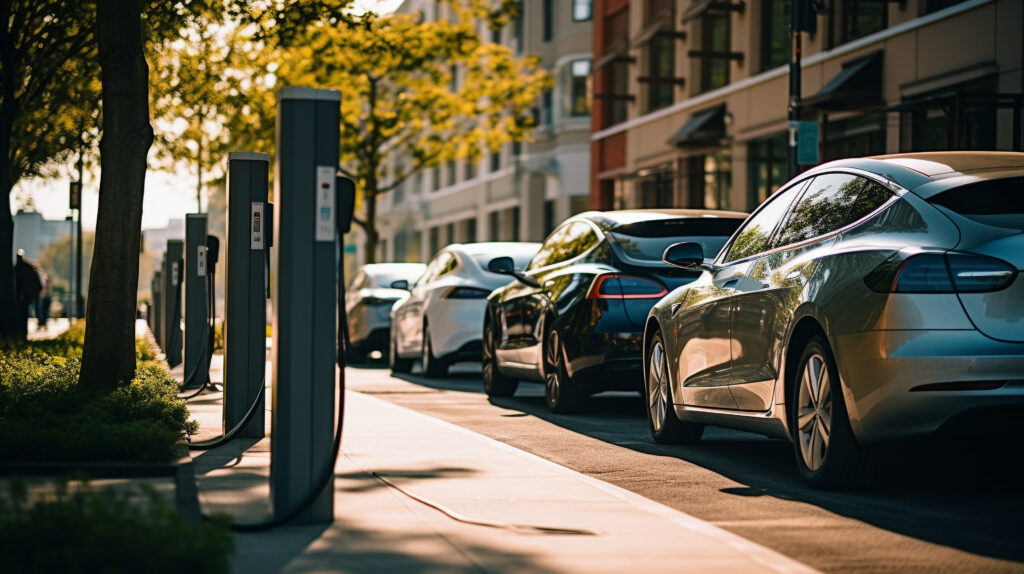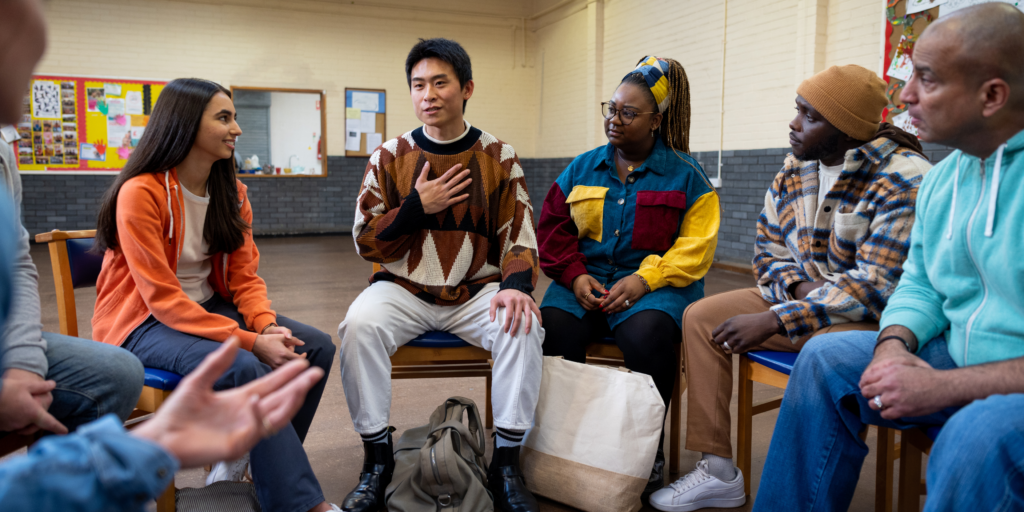
Healthcare Systems Addressing Equity, Diversity, Inclusion, and Antiracism
The Los Angeles County Department of Health Services (DHS) has undertaken a transformative Equity, Diversity, Inclusion, and Antiracism (EDIA) Initiative in response to the recognized public health crisis of racism. The initiative, established in 2021, aims to build a fairer healthcare world for patients and staff through community engagement sessions... Read more

Transforming Medical Documentation to Improve Healthcare Outcomes
The Los Angeles County Department of Health Services (DHS) is collaborating with FUSE on a transformative project to address burnout among healthcare providers and mitigate biases in medical documentation. Operating one of the nation's largest municipal health systems, DHS serves vulnerable populations, including incarcerated individuals and those experiencing homelessness. The... Read more

Curbing Commercial Energy Use Through Equitable Legislation Design
New Orleans is committed to reducing greenhouse gas emissions and improving building energy efficiency. It has successfully reduced energy use in its City buildings and launched the Downtown Energy Challenge. Despite restrictions on regulating natural gas use in private buildings, the City aims to lead by example and encourage others... Read more

Reducing Greenhouse Emissions Through Community Engagement
The Washoe County, NV, community is addressing the negative impacts of climate change and the inequitable effects on vulnerable populations through its "Green Recovery Plan." This plan aims to reduce greenhouse gas emissions and improve air pollution while addressing the public health and economic impacts of the COVID-19 pandemic, especially... Read more

Addressing Extreme Heat Through Urban Forestry
The City of Jacksonville, FL, is experiencing the devastating effects of climate change and urban heat island (UHI), leading to more frequent and intense heat waves. These heat waves significantly threaten public health and infrastructure stability, especially in historically disinvested communities that face intersecting vulnerabilities. Jacksonville is partnering with FUSE... Read more

Alternative Transportation for Climate Action
The City of Hayward, California, is actively addressing the impacts of climate change, which disproportionately affect its vulnerable populations, such as low-income, the elderly, children, and communities of color. The city, surrounded by the San Francisco Bay and fire-prone hills, faces challenges such as rising sea levels and increased wildfire... Read more

Building a Carbon Footprint Reduction Strategy
DeKalb County in Georgia is a diverse county within the Atlanta metro area, with a population exceeding 750,000 people. It is renowned for institutions like Emory University and the U.S. Centers for Disease Control and Prevention, as well as its natural sites and historical landmarks. However, due to ongoing development,... Read more

Vehicle Electrification for Health and Equity
The community of Durham aims to address the challenge of reducing greenhouse gas (GHG) emissions and promoting environmental justice for historically disinvested communities. By partnering with FUSE, Durham plans to develop and execute a strategic plan to equitably electrify the city's fleet and personal vehicles, focusing on expanding access to... Read more

Expanding Access to Substance Use Disorder Treatment and Care
Approximately one in four people will experience a substance use disorder (SUD) in their lifetime, including 2.5 million Los Angeles County residents. Unfortunately, 95% of those who need specialty SUD treatment do not receive it, and Black and Hispanic individuals seeking SUD treatment are less likely to receive it than... Read more

Engaging the Community in Building Resilience
San Leandro is a small city in the San Francisco Bay Area with a population that is predominantly people of color and foreign-born. The city is vulnerable to climate change impacts, and to address this, it has implemented a Tree Master Plan and is developing a resilience hub network. The... Read more
